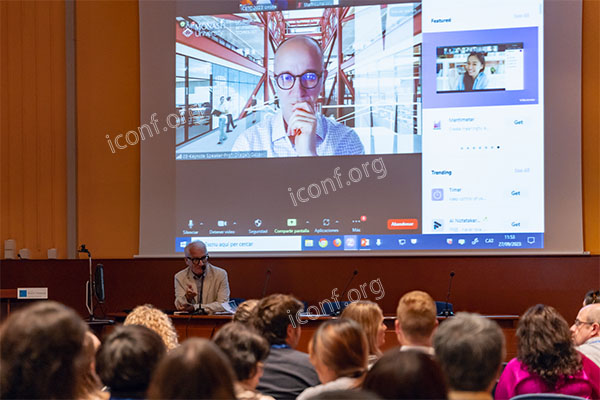The paper review process for academic conferences is designed to ensure that submissions meet high-quality standards and contribute meaningfully to the conference theme. This process involves multiple steps, and understanding it can help authors better prepare their submissions.

The review process begins once authors submit their papers or abstracts through the conference’s submission portal. Each submission is checked for compliance with the conference’s guidelines, including formatting, word count, and relevance to the conference theme. Submissions that fail to meet these basic criteria may be rejected without further review.
After submissions are finalized, the conference committee assigns reviewers to evaluate each paper. Reviewers are typically experts in the field, chosen based on their expertise and the topic of the submission. The peer review process is often conducted in one of the following formats:
Reviewers carefully examine each paper based on the following criteria:
Each reviewer provides a score or grade for the paper and writes detailed feedback, highlighting strengths, weaknesses, and suggestions for improvement.
Once reviews are complete, the program committee evaluates the reviewers’ scores and feedback to make a final decision. The possible outcomes include:
Authors are notified of the review results via email or the conference portal. Feedback from reviewers is usually included, even for rejected submissions. Accepted authors are typically given instructions on how to submit the final version of their paper, along with any required revisions.
For papers accepted with revisions, authors must address reviewer comments and resubmit the final version. This step is crucial, as failure to make the requested changes may result in the paper being excluded from the conference proceedings.
Once the final version is approved, the paper is included in the conference proceedings, which may be published online or in print. High-quality conferences often archive proceedings in reputable databases, ensuring long-term visibility and citation opportunities for authors.
Accepted authors present their work at the conference, either as oral presentations, poster sessions, or virtual talks. This provides an opportunity for researchers to share their findings and engage in academic discussions with peers and experts in their field.
Looking to submit your research to an academic conference? Visit iConf.org to find conferences in your field, review submission guidelines, and start your journey toward publication.
Prepare your paper with care, understand the review process, and take the next step in advancing your academic career!